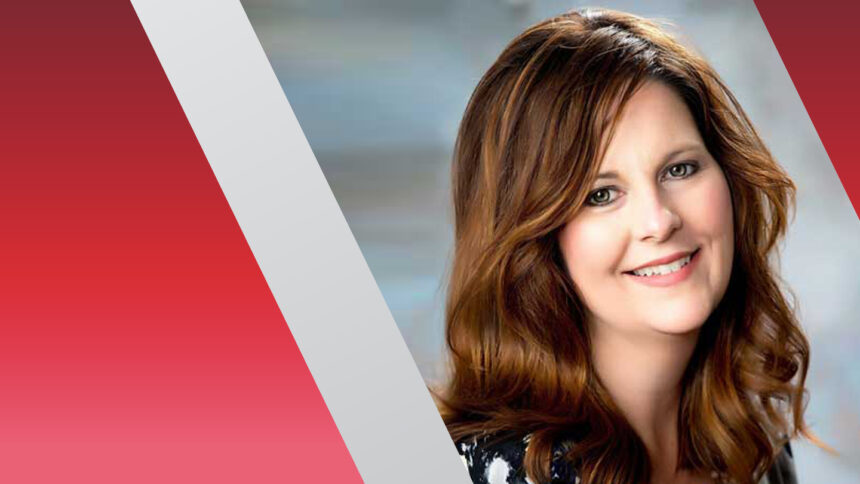
Staff who take up residence in a nursing home for even just a few days are better equipped to transform care delivery and how the actual residents experience it, two experts who have tried the technique said Tuesday.
Leslie Pedtke spent more than two decades as administrator of an Illinois nursing home, where she first asked staff to undertake an experiment in empathy in the early 2010s. Her team members were invited to move in for days-long stretches, adopt a diagnosis commonly seen in the facility and then go through all of the care processes and challenges real residents faced.
Being fed pureed food, going a day without having their teeth brushed and having to remain in a wheelchair until a lift could be arranged so changed her workers’ response to residents that she soon made a pre-orientation overnight stay a condition of employment. Having lost privileges and freedoms during their imagined illness, caregivers became more attuned with residents’ daily needs and delivered them with more compassion, Pedtke explained.
“If every nursing home would commit to doing an experience like this, of having their staff move in and live like residents, it would be life-changing,” Pedtke said during a webinar hosted by the Gray Panthers NYC. “That would change so much of everything that they do. I really do wish that more people would do it.”
Pedtke now owns a culture-change oriented consulting business and highlighted her employees’ experiences in a 2017 book called “Through the Looking Glass.”
She launched the staff-stay program after the death of a beloved resident. Pedtke found herself wondering if her patient had been lonely, if her needs had been met and if she’d had the dignity she deserved at her life’s end.
“Culture change and person-directed care isn’t an easy thing to really teach to our staff because we’ve been doing things the same way for so long that it’s hard for many of us to really think outside the box,” Pedtke said.
“When we think about long-term care, we think about all these people that are living together and all the staff that are around us, and we hear a resident say to us ‘I am just so lonely here,’” she added. “To really learn empathy, you have to walk in their shoes.”
Pedtke was joined by Jeffrey Ahl, who founded the firm arCuretecture after traveling to nursing homes and staying in them to understand how various physical spaces really served residents.
Walking in their shoes
He stayed at seven facilities over five months, living as a resident would for three days at time — which included taking baths when staff would sometimes open the door to the hallway while he was indisposed.
“We found that 85% of the issues that I dealt with had nothing to do with architecture and everything to do with culture and relationships,” Ahl recounted. “That really changed my direction. … I have to take it away from what I’m thinking and try to understand how that [resident] is thinking about that and try to understand where they come from — the lenses, the filters that they’re looking through.”
For Ahl, the best spaces allow staff and residents to engage in both private and communal spaces in ways that can encourage real communication and engagement.
The Gray Panthers have been hosting monthly webinars on ageism, and long-term care in particular, since the second year of the pandemic. Their goal is to highlight positive solutions.
Pedtke said that staff residency was embraced by residents and young workers, especially those who weren’t quite sure how to talk to older residents outside of conversations about care. She shared videos of participants explaining how being deprived of things they loved — even a Big Mac — could have made them upset or sad.
That new perspective not only helped workers better connect with residents, Pedtke added. They also became a more cohesive team, and turnover in the facility fell. That was helped by the later use of overnight stays as part of the onboarding process; Pedtke said that helped ensure new hires would fit in with the culture the building had worked hard to create.
“Culture change and person-directed care isn’t an easy thing to really teach,” she acknowledged. “We’ve been doing things the same way for so long that it’s hard for many of us to really think outside the box and do something that’s different.”
A supportive, immersive experience, however, can do much of the teaching itself by delivering insights naturally. Pedtke said she remained aware of only a “handful” of facilities that have used the “looking glass” approach but encouraged others to give it a try as a way to improve staff and resident morale.




